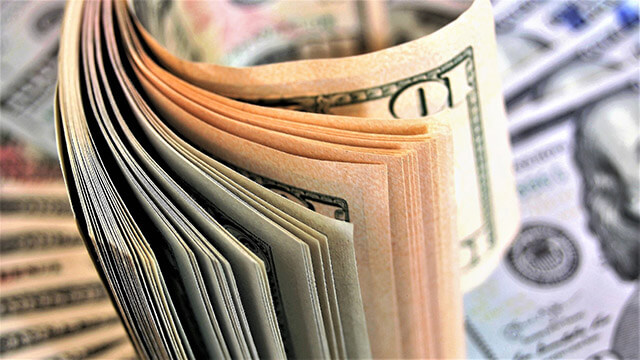
 27/08/24
27/08/24
 890
890
JPY Struggles Amid Diverging Fed and BoJ Policies as Rate Cuts Loom
The Japanese Yen (JPY) continues to face challenges against the US Dollar (USD), marking a decline for the second consecutive day. Despite this downward trend, optimism persists regarding potential adjustments in interest rates by the Bank of Japan (BoJ). Market analysts believe that the JPY’s depreciation may be limited, influenced by the BoJ’s hawkish stance towards future monetary policy. Statements from BoJ officials indicate a readiness to raise interest rates further if economic forecasts hold true.
In contrast, recent rhetoric from the Federal Reserve signals an impending shift in policy toward rate cuts. Federal Reserve Chair Jerome Powell indicated that adjustments to monetary policy are on the horizon, although specific timelines and magnitude remain uncertain. Additional comments from other Fed officials suggested a consensus on gradually easing rates, with anticipation building for at least a 25 basis point cut at the upcoming meeting.
Economic indicators further highlight the contrasting paths of the two economies. US Durable Goods Orders soared by 9.9% month-over-month in July, significantly surpassing expectations and marking the most substantial increase since May 2020. Meanwhile, Japan reported a National Consumer Price Index increase of 2.8% year-on-year for July, maintaining steady inflation levels.
From a technical perspective, the USD/JPY pair is testing a critical psychological level, trading around 144.90. This price action reveals a challenge against the prevailing downtrend, while momentum indicators suggest a bearish trend may still hold. Should the JPY remain below key resistance levels, it could approach seven-month lows, raising concerns of further declines. Conversely, any breakthrough past certain levels could activate upward momentum, potentially leading the pair towards significant resistance zones.
Overall, the diverging policies of the Fed and the BoJ highlight a complex landscape for currency traders, with geopolitical factors and market sentiment continuing to play crucial roles in exchange rate dynamics.
 Back to the Blog Main Page
Back to the Blog Main Page














